Neither of us are big country music fans in particular, but since we’re open to all kinds of experiences, we thought we ought to stop at a place labeled the “birthplace” of country music. I mean, the U.S. Congress actually designated Bristol, VA, as “The Birthplace of Country Music” in 1998!
In the summer of 1927, record producer Ralph Peer of the Victor Talking Machine Company (you can read about our visit to the Johnson Victrola Museum here) was on the hunt for new music and he’d heard about the sounds of the Appalachian region, so he headed to the town of Bristol, straddling the border of Tennessee and Virginia. There he recorded 76 songs from 19 different performers and groups. So many of these heretofore unknown outside the region musicans went on to become national names that the recordings are now known as the “Bristol Sessions.” Johnny Cash called it “The most important event in the history of country music.” (Cash married the daughter of a member of one of the best known of the Bristol Sessions performers, the Carter Family.)
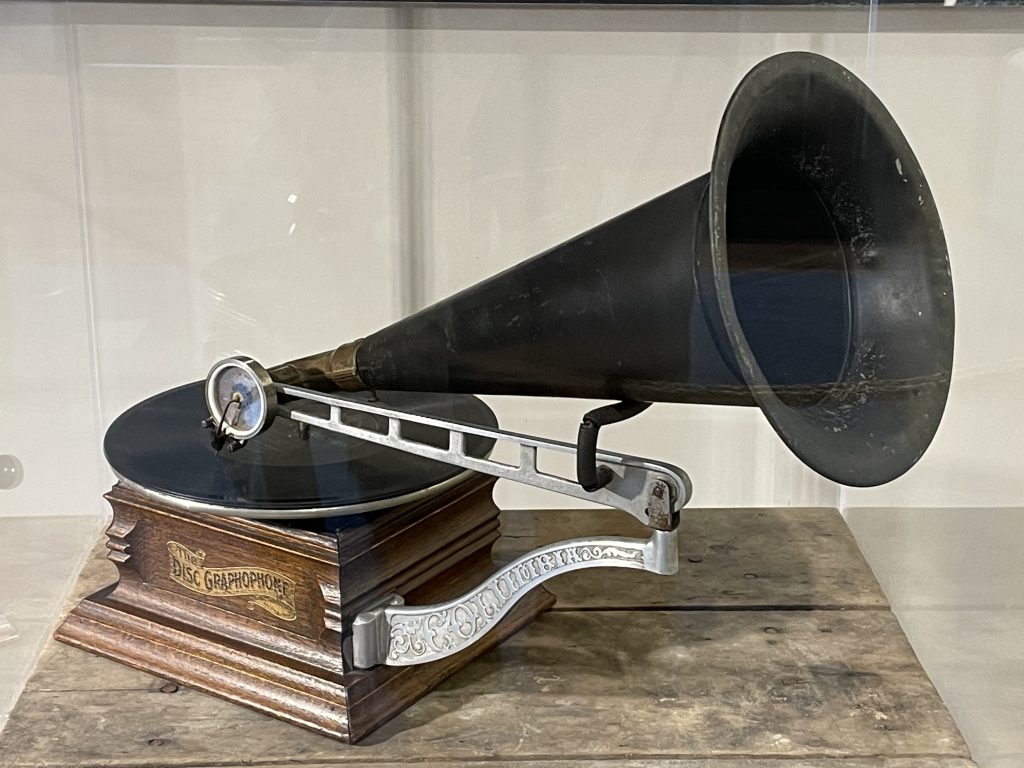
The Bristol Sessions included the first recordings of Jimmie Rodgers (since called the “Father of Country Music”) and the famed Carter Family (since called the “First Family of Country Music”).
The sessions not only launched these famous careers, but initiated the commercialization of country music.
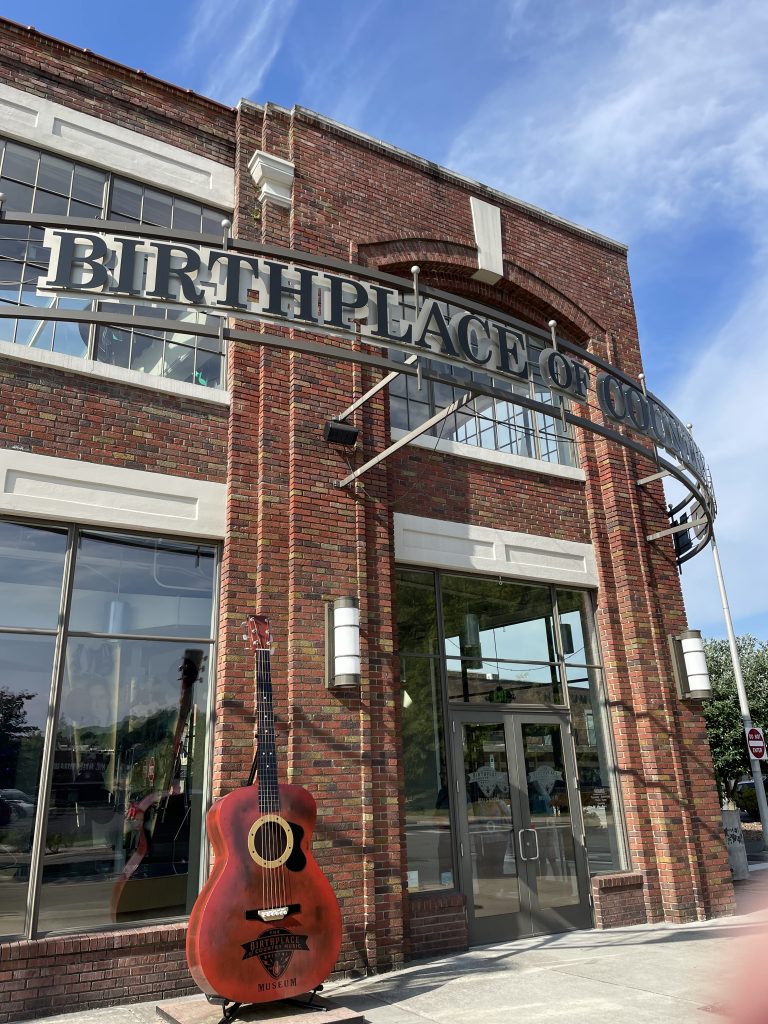
The Birthplace of Country Music Museum in Bristol, VA outlines what happened during those historic several days in 1927, with lots of instruments on display and movies and music to watch and listen to.
Radio station WBCM broadcasts on the other side of a window in the museum, though watching a live radio broadcast isn’t very exciting, if I’m being honest.
For more excitement, you can even record yourself singing a country song!
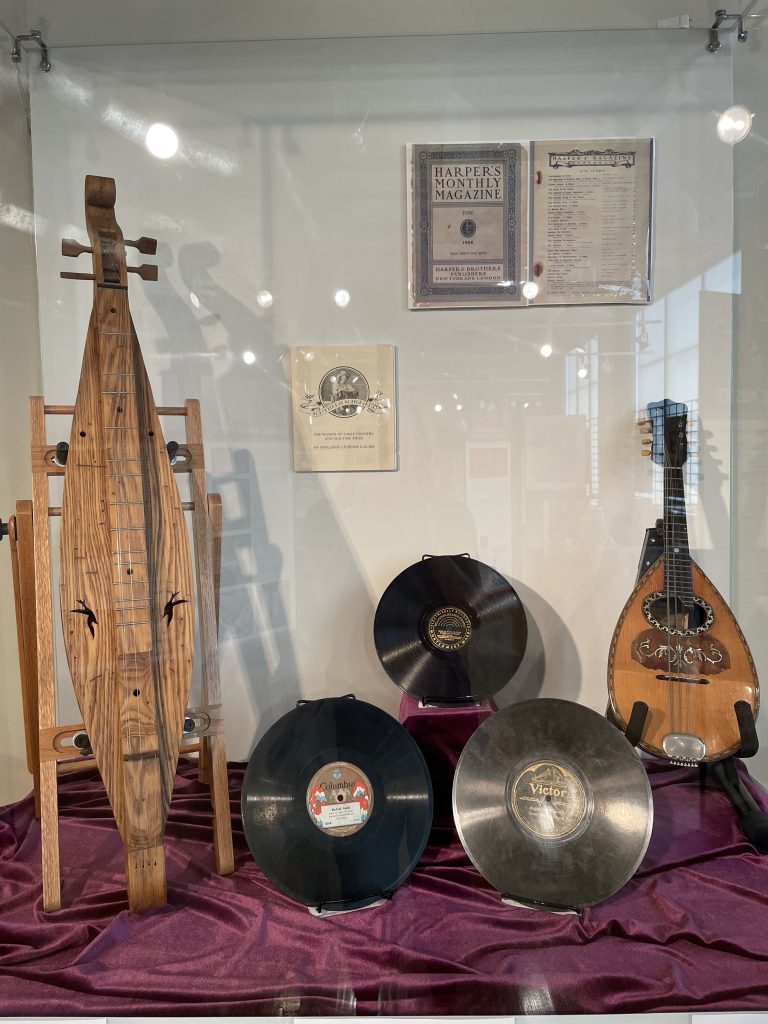
Other exhibits include instruments used by famous musicians, including several Martin Guitars (read about our visit to the Martin Guitar Factory here).
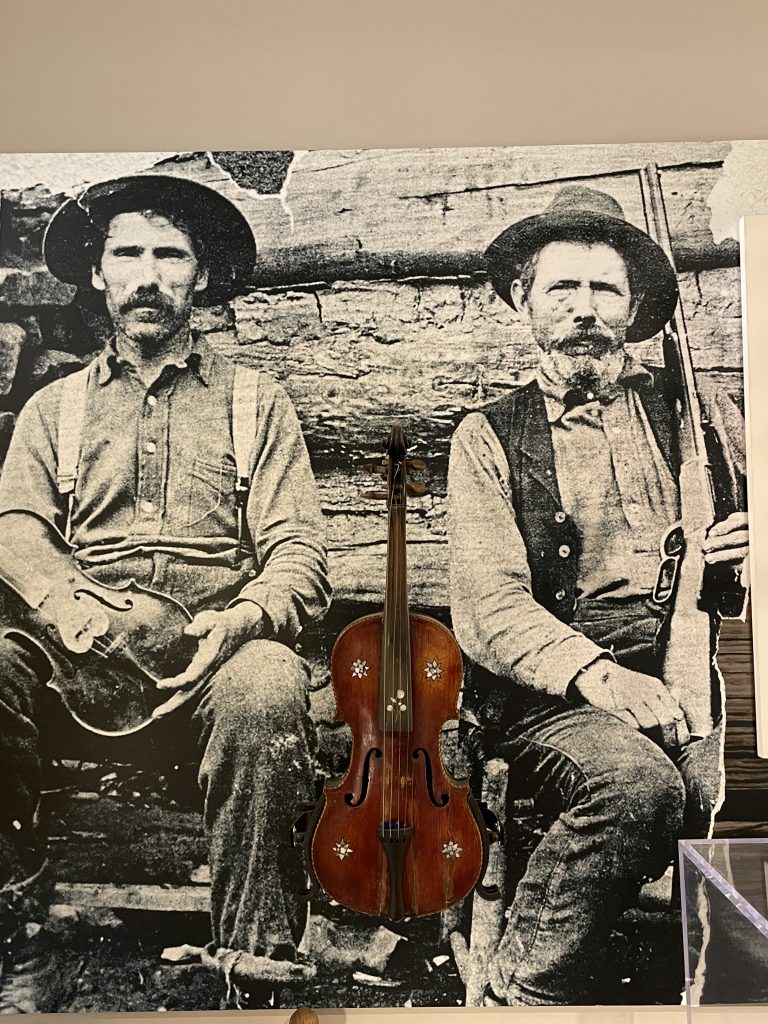
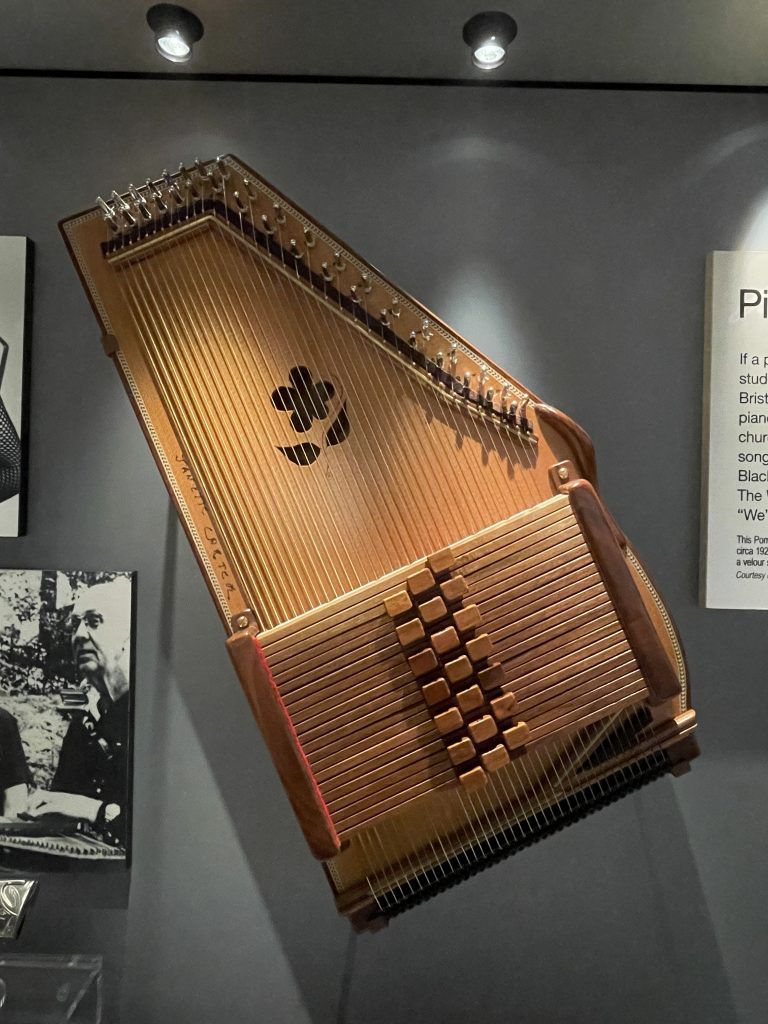
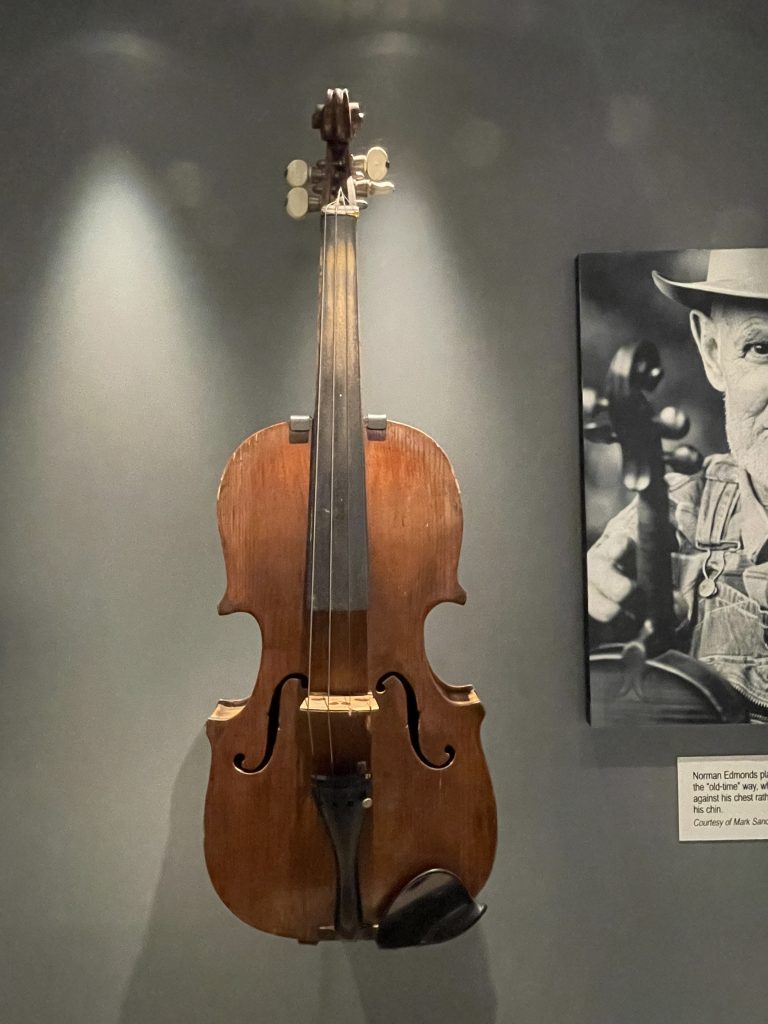
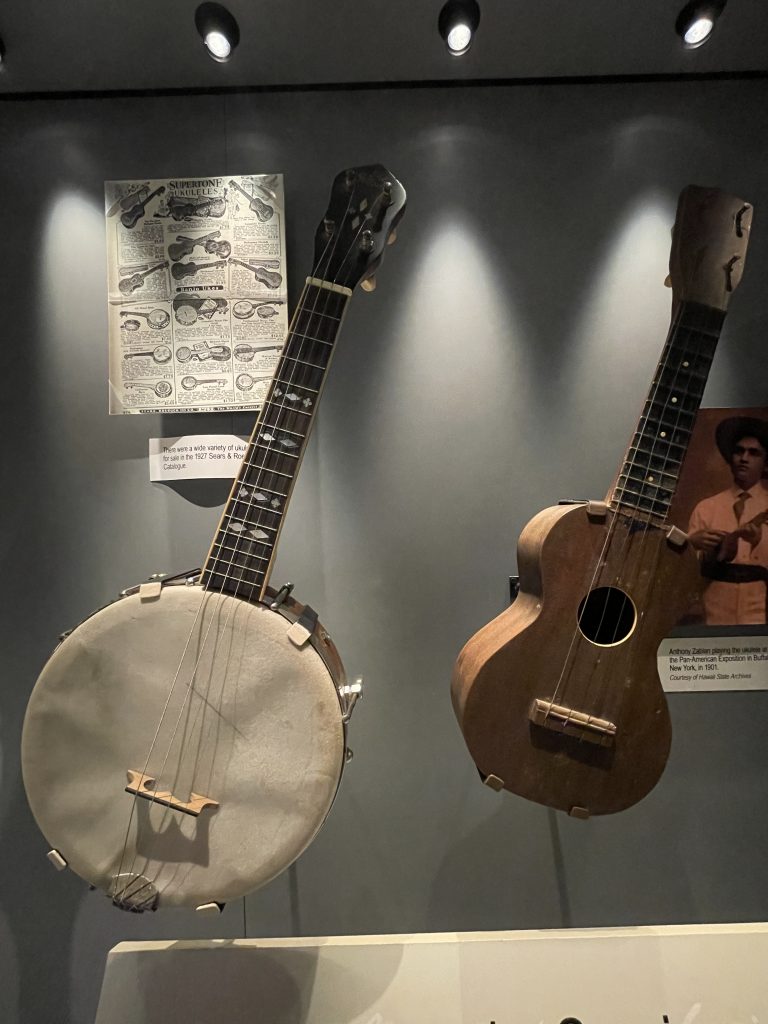
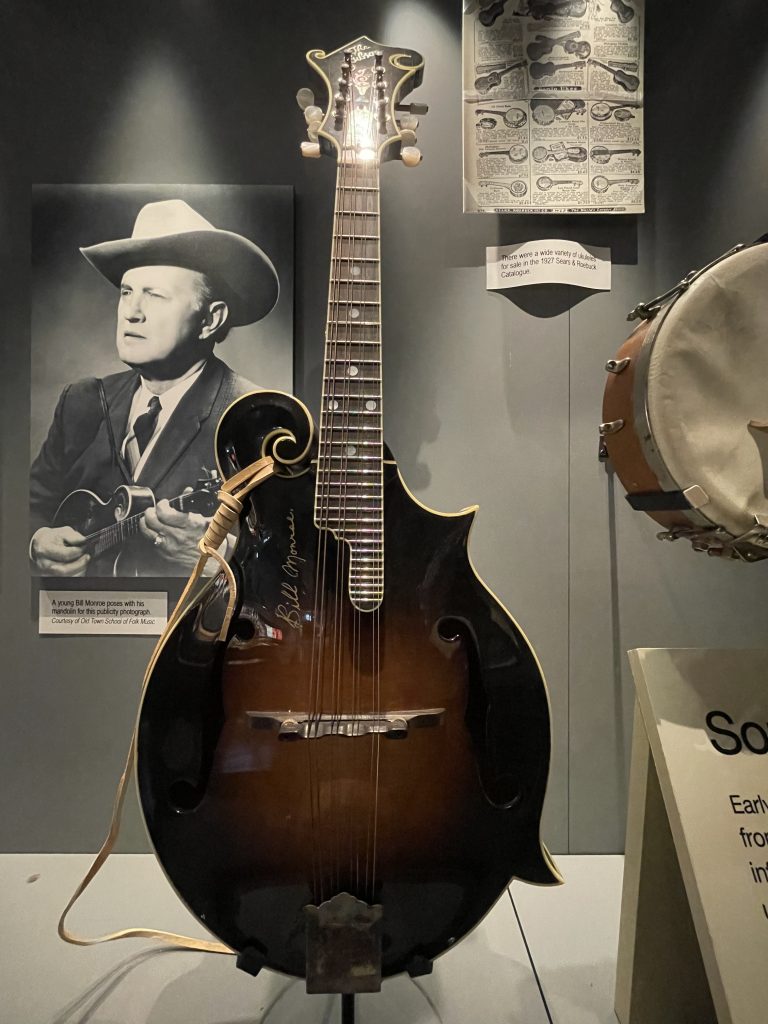
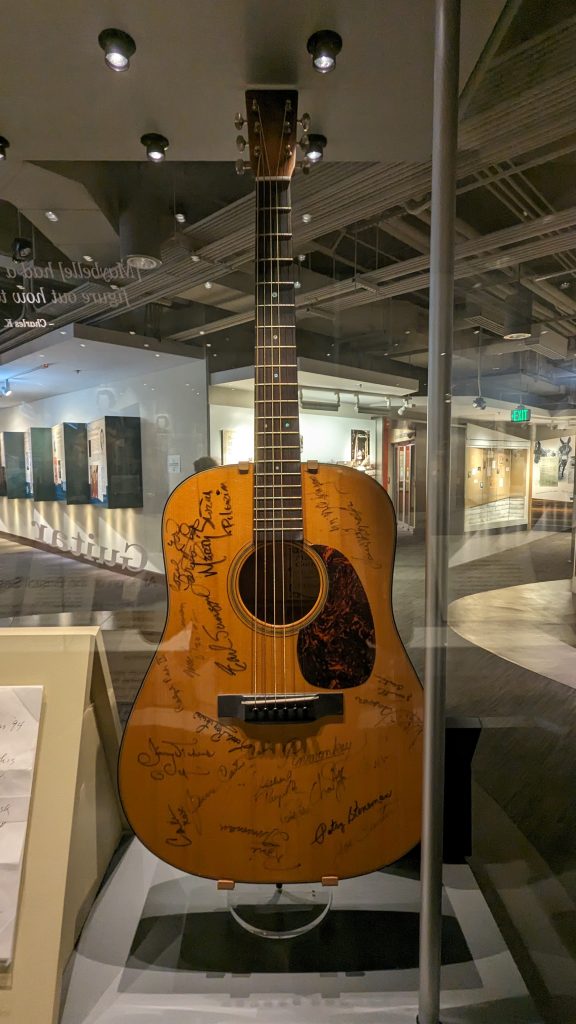
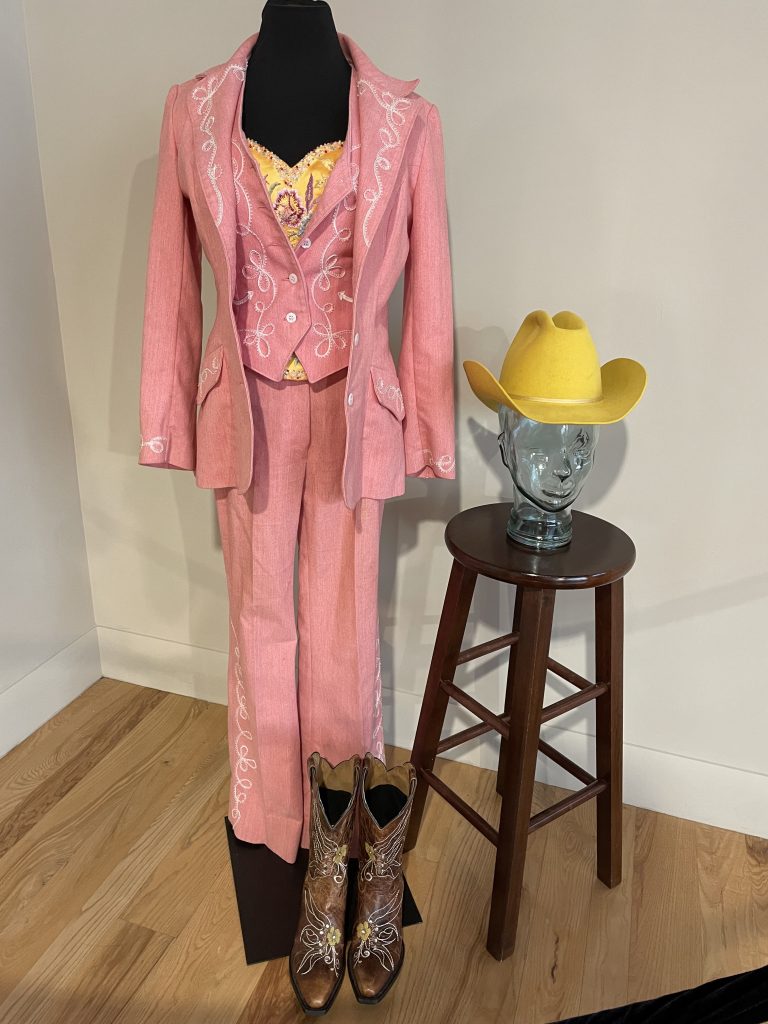
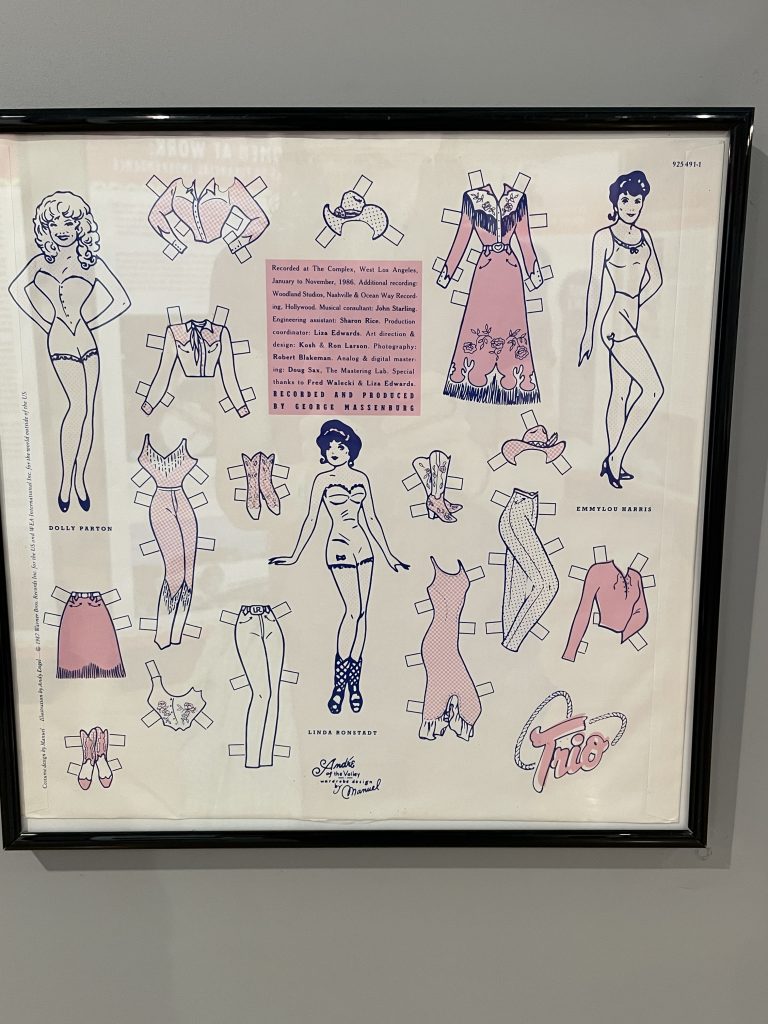
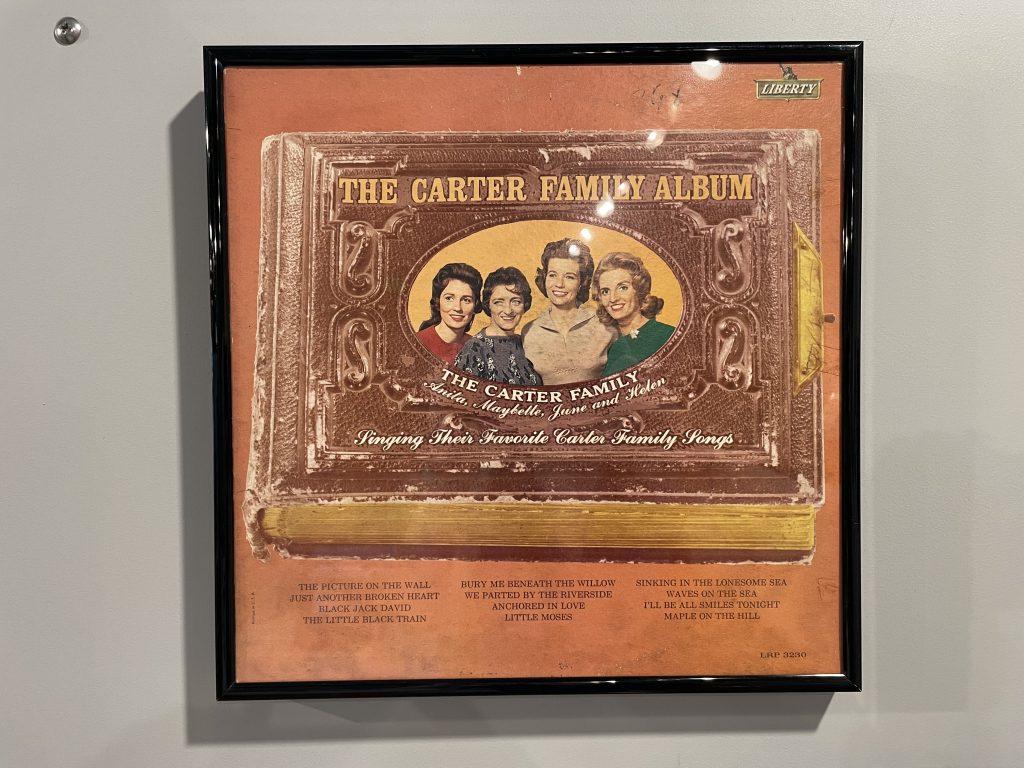
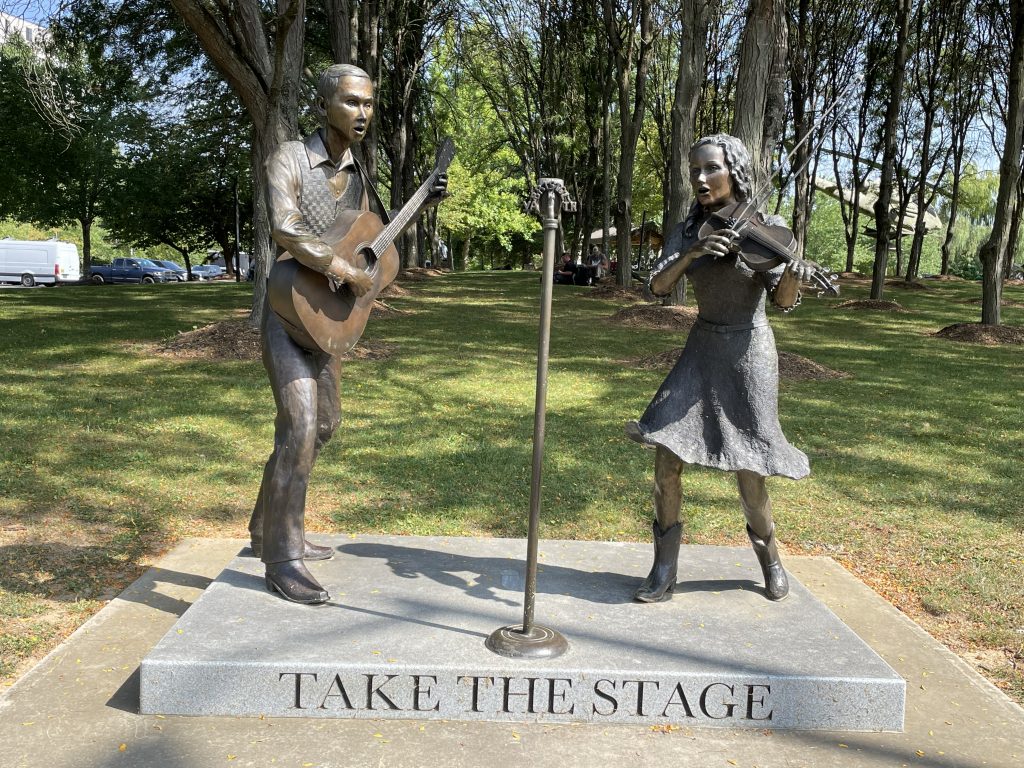
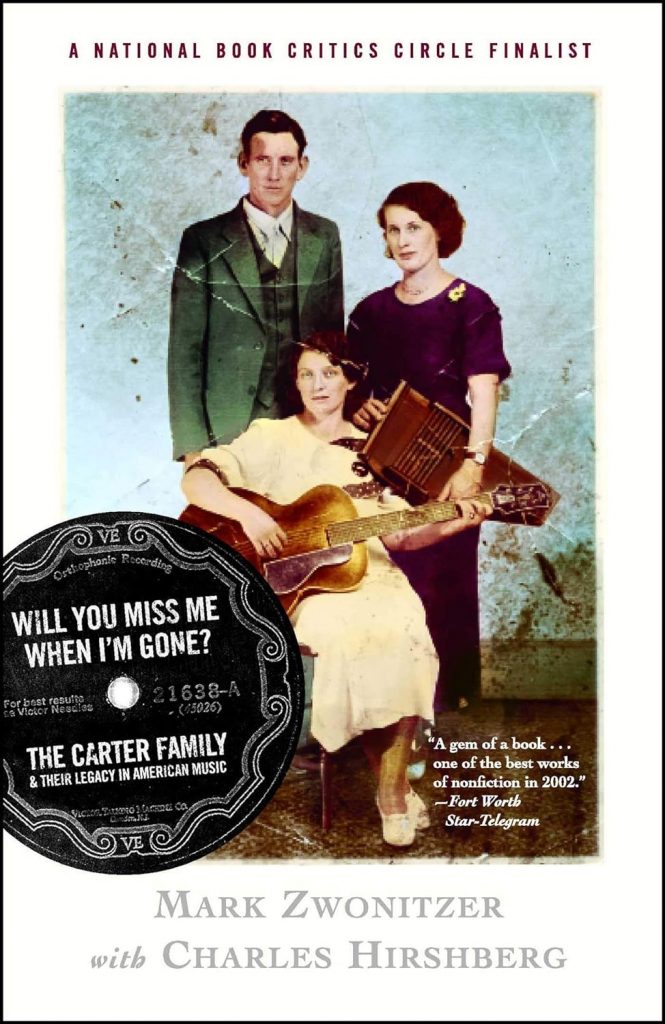





I’m not a fan of “modern” country music either but its history is so steeped in our consciousness that my curiosity was piqued to learn more. Some time ago, PBS broadcasted a program on the roots of this music going back to European emigres settling in the area you visited. What fascinated me were the adaptations of music scales, instruments and dance they made that created the genre whose very early days were fortunately mechanically captured for posterity by Ralph Peer. If I recall, he had to overcome incredible suspicion of his recording device before those he finally recorded would allow him to record them. You may be able to watch this fascinating program on Passport.
Neat! I’ll have to look for it, thanks!